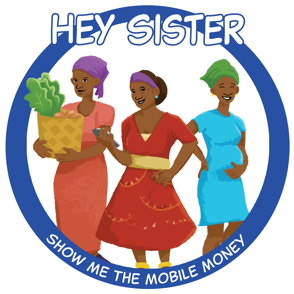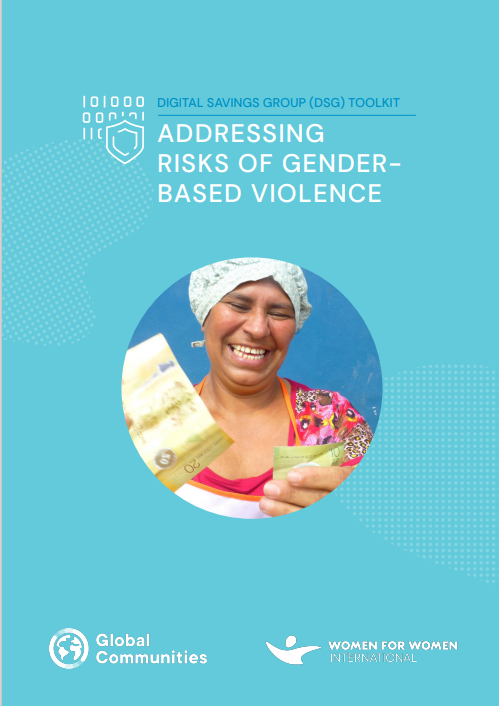Hey Sister! is an IVR (interactive voice response) digital financial literacy (DFL) campaign designed to increase women’s ability to access and use digital financial services (DFS). The campaign lessons are available online for use and adaptation by anyone, anywhere. Particular resources have been tailored and made available for learning and facilitation in Ghana, Kenya, Malawi, Rwanda, Tanzania, Uganda, and Latin America.
The campaign includes 25 short audio lessons – available for free in 16 languages – across six topic areas: 1) General topics in mobile money; 2) Basic mobile money transactions; 3) Loans, savings, insurance, and budgeting; 4) Privacy and scams; 5) Using a smartphone effectively; and 6) Tips for entrepreneurs.




